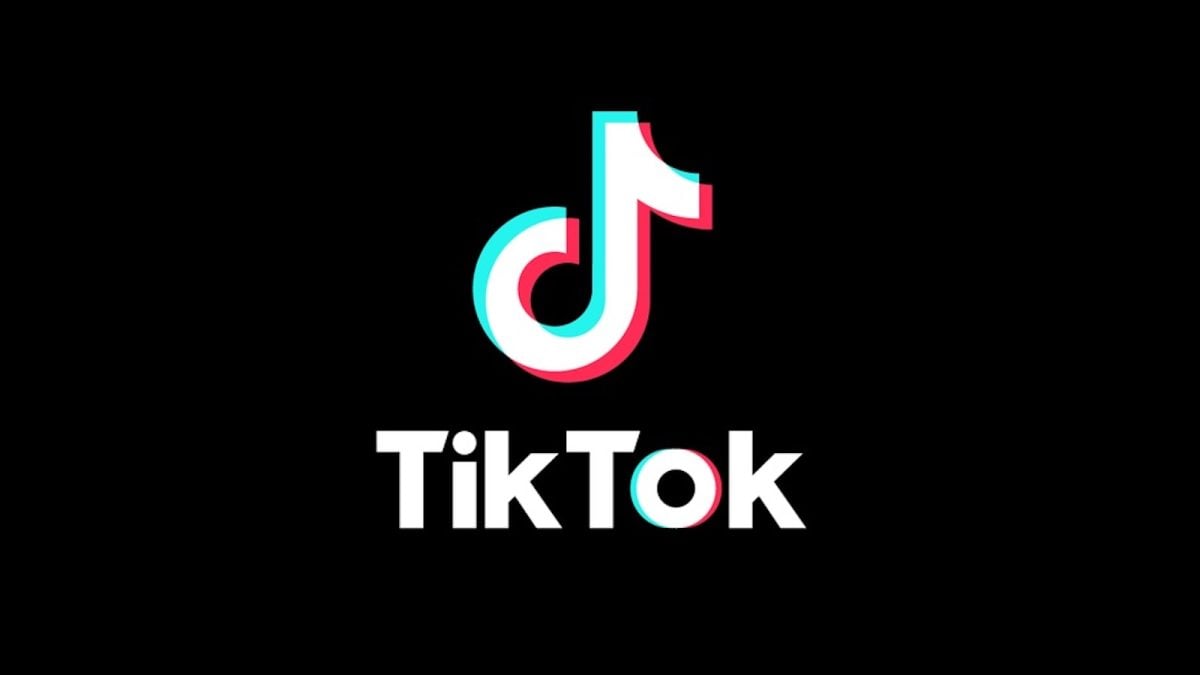A new wave of bipartisan support in Congress and the Oval Office may mean that TikTok’s days are numbered in the U.S. Longstanding security concerns about the incredibly popular Chinese-owned app have resulted in a new momentum, backed by the Biden White House, to restrict or outright ban the social media video platform.
On Tuesday a bipartisan group of 12 Senators, including Democrat Mark Warner, the chair of the Senate Intelligence Committee, and South Dakota Republican Senator John Thune unveiled the Restricting the Emergence of Security Threats that Risk Information and Communications Technology (RESTRICT) Act. While the act would not ban TikTok outright, it would endow the federal government with new powers to determine whether tech products made by adversarial nations, including China, Russia, Iran, North Korea, Cuba, and Venezuela, present risks to national security.
If passed, the bill would allow the executive branch to either impose a full ban on such products, or to force foreign companies to divest their U.S. operations. According to Semafo.com, national security adviser Jake Sullivan has stated that President Biden would support the bill, and has urged Congress “to act quickly to send it to the President’s desk.” The White House remained silent on previous efforts to ban or regulate TikTok, but this statement signals the administration’s first strong stance favoring regulations.
For the past two years, the administration’s Committee on Foreign Investments in the United States, or CFIUS, has sought to broker a deal with TikTok to address standing concerns of national security. Those talks have failed to result in a deal with the company. According to CNN, Sullivan has stated that the new measures, if passed, will allow the President “to prevent certain foreign governments from exploiting technology services operating in the United States in a way that poses risks to Americans’ sensitive data and our national security.”
“The Biden Administration does not need additional authority from Congress to address national security concerns about TikTok: it can approve the deal negotiated with CFIUS over two years that it has spent the last six months reviewing,” TikTok spokeswoman Brooke Oberwetter told Semafor.Com.
“We appreciate that some members of Congress remain willing to explore options for addressing national security concerns that don’t have the effect of censoring millions of Americans,” Oberwetter said in a statement to CNN regarding the legislation. “A U.S. ban on TikTok is a ban on the export of American culture and values to the billion-plus people who use our service worldwide.”

